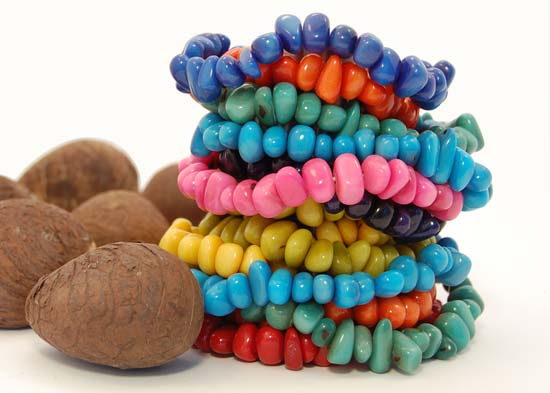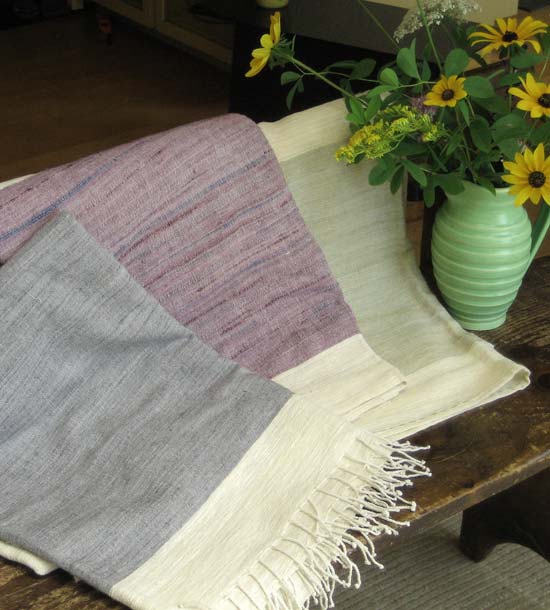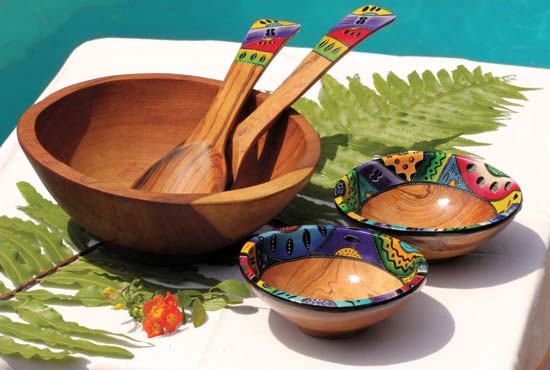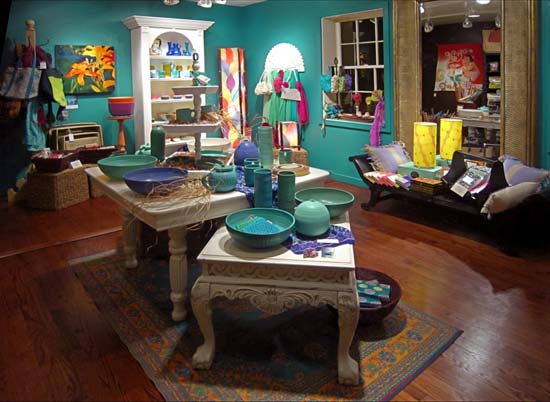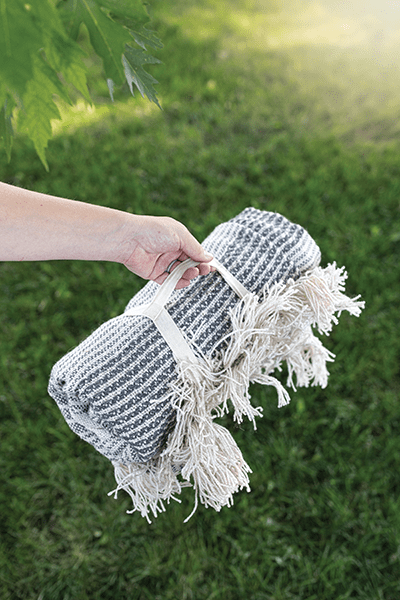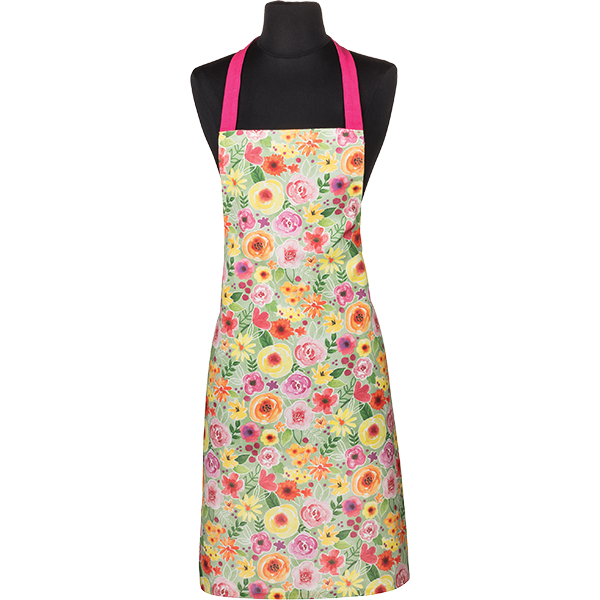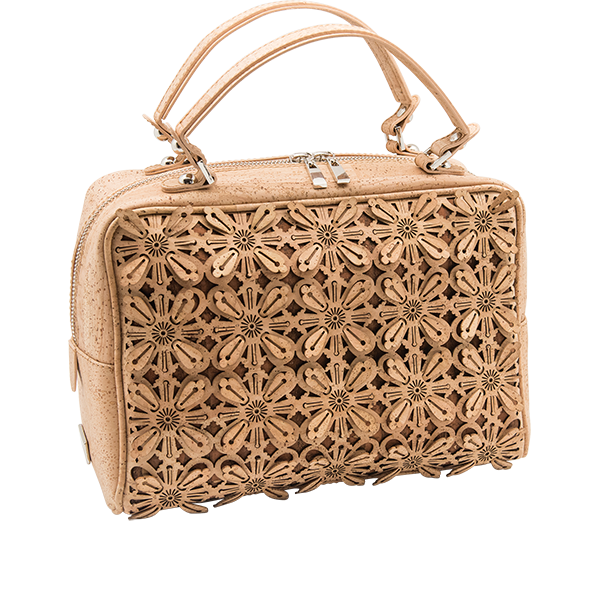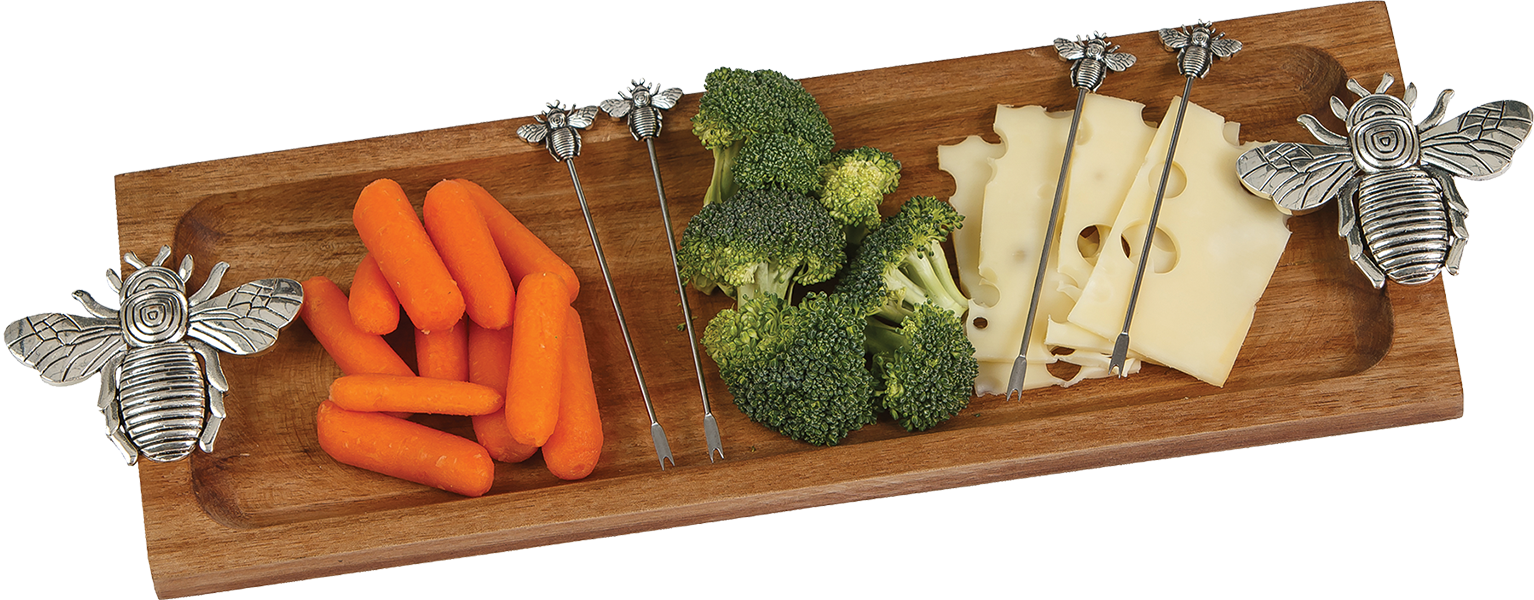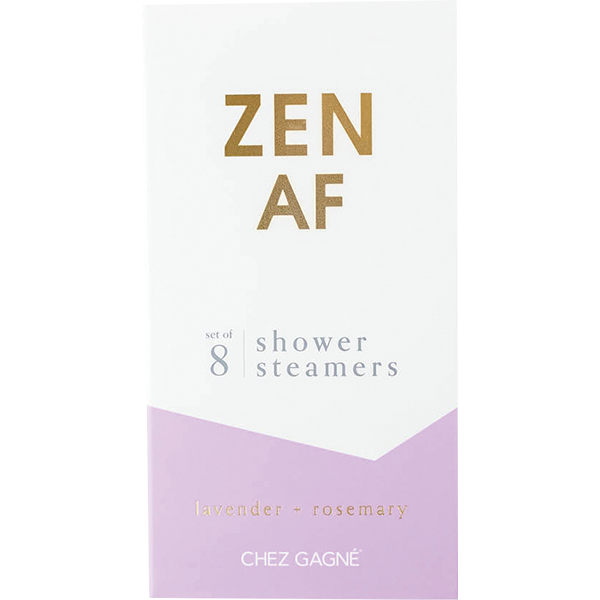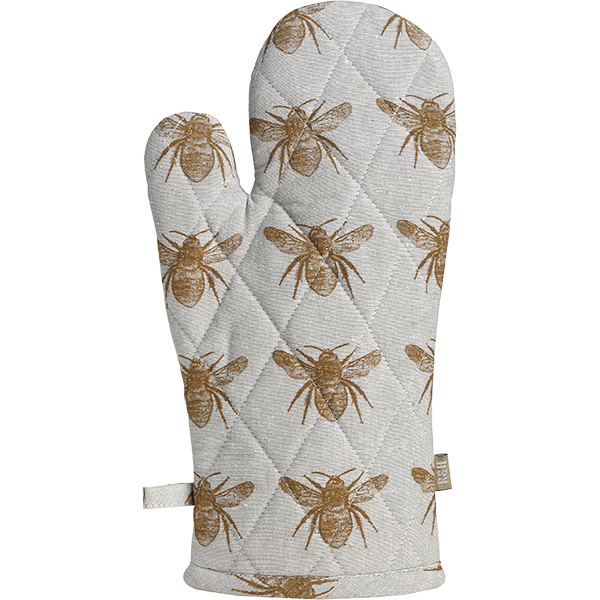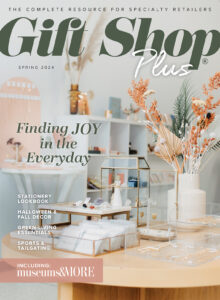It’s Only Fair
Principles of Fair Trade
Fair Trade Federation members fully commit to nine principles:
To create opportunities for economically and socially marginalized producers
To develop transparent and accountable relationships
To build capacity
To promote fair trade
To pay promptly and fairly
To support safe and empowering working conditions
To ensure the rights of children
To cultivate environmental stewardship
To respect cultural identity
There has never been a better time to take a look at fair trade products for your store. With sales booming and socially conscious consumption on the rise, this product category is set to make bold strides in the immediate future.
From her own experiences as a retailer, Katherine Bissell has noticed that fair trade hit a “tipping point” last year. The owner of Greenheart, a gift shop located in Chicago, says that awareness of what the term meant lagged when she opened the store four years ago but that has changed recently. These days, Bissell notes, the interest in fair trade has “just exploded.”
Explosion in fair trade
The data back Bissell’s anecdotal evidence. According to Carmen Iezzi, executive director of the Fair Trade Federation, growth in U.S. and Canadian sales for fairly traded products between 2004 and 2007 grew 102 percent. The Fair Trade Federation is a Washington, D.C-based organization that promotes North American organizations committed to fair trade. Fair trade respects human labor around the planet and guarantees a fair wage and healthy work environment to laborers around the world.
Megy Karydes, founder and owner of Chicago-based World Shoppe, a fair trade importing company that works with artisans in South African and Pakistan, says fair trade is much more popular in the U.K. than in the U.S. Karydes, a new board member of the Fair Trade Federation, says “it’s exciting to see the U.S. gaining momentum in a very big way. Consumer demand is growing by leaps and bounds and retailers are noticing this trend so they are stocking more fair trade gifts and home accessories in their shops.”
Eye on social consumerism
Karydes also notes that as customers learn more about the impact they are making through their purchases they begin to seek out fairly traded items. The desire to be socially conscious, she says, is fueling a growth in demand in this product sector.
Bissell agrees. She believes that an increase in consumer awareness of fair trade is closely related to the increasing popularity of ethically or socially conscious consumerism. In other words, as the economy has slowed, people are becoming more thoughtful about where they spend their money. “It’s very beneficial to carry fair trade products because it’s just a much more thoughtful product and process,” she says.
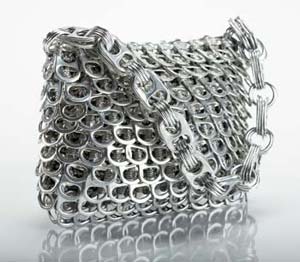 Data from the consumer research company, The Hartman Group, supports her beliefs. According to a 2009 study, more than three-fourths (76%) of consumers surveyed said they considered environmental and social aspects when they make purchasing decisions.
Data from the consumer research company, The Hartman Group, supports her beliefs. According to a 2009 study, more than three-fourths (76%) of consumers surveyed said they considered environmental and social aspects when they make purchasing decisions.
Dr. Karl Wald is the founder of Mr. Ellie Pooh, an eco-friendly fair trade company that makes gifts and paper partially from elephant droppings. Wald has seen that while interest in fair trade products is certainly increasing, there is “a ton of opportunity” for additional education of consumers.
Part of the socially conscious consumerism movement is an emphasis on local buying. Kelsey Carlson is the manager of Green Nest, an eco-friendly store in Culpeper, VA. She sees fair trade and buying local all fitting under the larger umbrella of doing good to mankind and voting for such choices with your wallet. “Being ‘green’ isn’t just being good to the planet, but also being good to mankind,” she says.
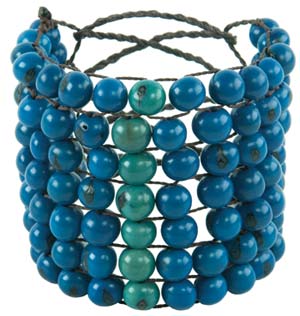 “While I think it’s extremely important to support your local community—both for ‘green’ and economical reasons—I think supporting people as a whole is equally as important,” says Carlson. “In our store, customers appreciate eclectic product lines that are found both locally and abroad.”
“While I think it’s extremely important to support your local community—both for ‘green’ and economical reasons—I think supporting people as a whole is equally as important,” says Carlson. “In our store, customers appreciate eclectic product lines that are found both locally and abroad.”
Fair trade and local buying are indeed compatible, says Karydes. “Fair trade retailers are local, independent retailers. They require the support of their communities to succeed.Many of my retailers host community-wide events where they partner with their local florists, coffee shops and art galleries to host First Fridays, monthly art walks or fashion shows,” Karydes says.
“I don’t believe you can succeed selling fair trade products in your community if you’re not an advocate of local buying,” she adds.
Fair trade standards
While there is a growing consumer awareness of the concept of fair trade, there is still a broad lack of understanding of what fair trade entails. Iezzi, of the Fair Trade Federation, says recent studies indicate that 71.4 percent of U.S. consumers have heard the term fair trade and 88 percent consider themselves conscious consumers, but only 6 percent could name a fair trade organization, unaided, and less than 10 percent had purchased an item from a fair trade organization. Standards and certification for wholesalers and retailers in this market may help raise awareness and increase consumer trust.
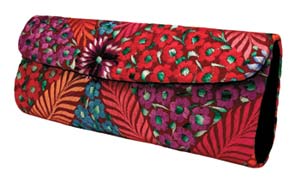 For commodities like coffee, chocolate and cotton, there are a handful of certification bodies in the U.S., including Fair Trade USA and IMO/Fair for Life.
For commodities like coffee, chocolate and cotton, there are a handful of certification bodies in the U.S., including Fair Trade USA and IMO/Fair for Life.
Currently, in the United States, no fair trade certification exists for gifts or handicrafts, says Karydes. However, many gift wholesalers are members of the Fair Trade Federation and they advertise this fact. Iezzi says that the federation has an application process in the U.S. and Canada for various categories of fair trade including: wholesaler-handmade, wholesaler-agricultural products, retailer, retailer working directly with producers and cafés. Applicants are required to submit financial statements, supplier lists, and references. Basic membership requirements are that the business has been in operation for at least 365 days, that it strives to source products according to fair trade principles (see sidebar) and that it passes the federation’s screening process.
“We just received our fair trade status about a year ago,” says Wald. “I think most fair trade people will tell you that they’re very proud to be members of the Fair Trade Federation. It’s a close-knit group with people that have good morals and good thoughts.”
Karydes encourages both retailers and consumers to be diligent with their purchases. “Ask about the products and what organizations those companies are members of since most companies aren’t going to tell you they employ sweatshop or child labor in their production practices. If they aren’t a member of a fair trade organization or certified group, I would ask why and find out how they meet the criteria of fair trade.” But, she adds: “Just because they aren’t members doesn’t automatically mean they don’t abide by fair trade practices.”
Range of product options
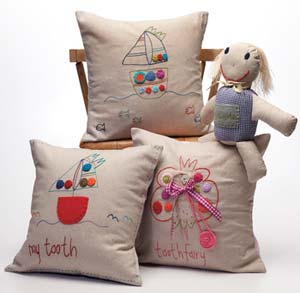 As interest in fair trade has increased, so too has the availability, variety and quality of the products, Bissell says. “Wholesalers of fair trade products are becoming much more sophisticated and really having a lot of wonderful materials [made by] artisan groups,” she adds.
As interest in fair trade has increased, so too has the availability, variety and quality of the products, Bissell says. “Wholesalers of fair trade products are becoming much more sophisticated and really having a lot of wonderful materials [made by] artisan groups,” she adds.
A wide range of giftware is sold under the fair trade umbrella, Karydes notes. Items include jewelry; apparel; women’s accessories such as scarves, handbags and belts; home décor such as wall hangings, bags and rugs; bath and body products such as shea butter cream and soaps; and consumable products such as chocolate and coffee. Most recently, says Karydes, consumers can also enjoy fair trade vodka and wear fair trade gold.
More important, there have been notable improvements not only in the range, but in the quality of the products available. “One of the more important trends I’ve noticed is the look of the goods,” says Carlson. “They have gone from being very identifiable to more mainstream, which is a bonus because it targets a broader customer base.”
Bissell has also noticed this trend and says it’s particularly important in her market, where she competes with a number of trendy boutiques located on Division St., in an “up-and-coming neighborhood.” The high quality of the products attracts customers’ attention and when they find out they’re fair trade products, “it makes the selling process that much easier,” she says. “I don’t buy products if I don’t think they’re gorgeous and they’re going to sell.”
Cynthia Glensgard is the owner of Global Handmade Hope, a wholesale and retail fair trade store in Park Ridge, IL. She says that consumers—and even retailers—may sometimes perceive fair trade products as being more craft-like than high quality. “Yes, there are the crafty things out there, but there’s great quality out there too.” Both wholesalers and retailers have an opportunity to inform and educate the public about what fair trade is.
Merchandising and marketing
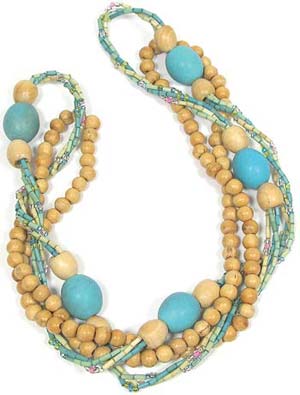 Education is critical in this area say both wholesalers and retailers. “Usually, in our store, if someone asks about a product, we know the entire history of it,” Carlson says. “That helps to not only pass on the information, but to sell the item as well. Once they understand that we take pride in our products, how they are made and where they come from, they come back.”
Education is critical in this area say both wholesalers and retailers. “Usually, in our store, if someone asks about a product, we know the entire history of it,” Carlson says. “That helps to not only pass on the information, but to sell the item as well. Once they understand that we take pride in our products, how they are made and where they come from, they come back.”
Diana Kaye agrees that knowledge is crucial when selling fair trade. Kaye is co-founder of Terressentials, a business that sells USDA-certified organic bath and body products. Kaye also owns and operates two retail boutiques in Maryland which feature artisan fair trade crafted goods from around the world.
“It’s important to tell the story, because with fair trade that’s our goal—to get people to think about what they purchase,” says Glensgard. Her products include gift tags that talk about the meaning of fair trade.
Kaye seeks out photos from the various co-ops she works with and includes a lot of visuals among the merchandise in her stores. “We like to highlight personal stories,” she says.
Bissell says that she has found it frustrating at times when she sees what she knows to be fair trade products in other stores and they’re not marked as such. “I’ll say ‘how come you don’t have anything indicating this is fair trade?’ and they’ll say, ‘Oh, people don’t care’.” But Bissell disagrees. “I think people do care. I think they’re underestimating their customer base if they feel that way.”
Glensgard agrees. “I think most people have a great place in their heart and want to do good and they just don’t know how,” she says. Retailers are in a wonderful position to share a more global perspective with their communities by offering fair trade products in their shops.
“Most socially conscious consumers relate to fair trade products because it is more about the people and the planet than the bottom line,” Karydes says.
Mouse over images below to view.
